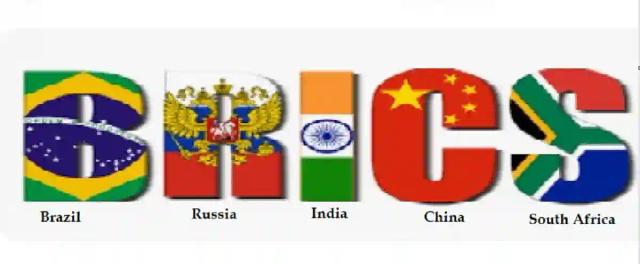
Prepaid Electricity Split Meters
Suppliers of prepaid electricity split meters throughout Zimbabwe. Ideal for shared properties, landlords, tenants, shared business premises
OpenBRICS Add 6 More Countries To The Bloc

During the XV BRICS Summit held in Johannesburg, South African President Cyril Ramaphosa announced that the BRICS bloc, consisting of Brazil, Russia, India, China, and South Africa, has made the decision to extend invitations to six countries to join the bloc as new members. These countries are Argentina, Egypt, Iran, Ethiopia, Saudi Arabia, and the United Arab Emirates. This expansion of the BRICS organization is part of its strategic plan for growth.
At the summit, the BRICS leaders adopted the Johannesburg II Declaration, which outlines their shared vision and commitments. Effective January 2024, Argentina, Egypt, Ethiopia, Iran, Saudi Arabia, and the United Arab Emirates have been formally admitted as members of the BRICS bloc.
The topic of expanding the BRICS bloc has been a prominent issue on the summit’s agenda, with discussions held over the course of the three-day event in Johannesburg. While all BRICS members have expressed public support for the expansion, differences among the leaders have arisen regarding the extent and pace of the enlargement process.
In June of this year, President Emmerson Mnangagwa announced that Zimbabwe had submitted a request to join the BRICS New Development Bank (NDB) and anticipated receiving support from Russia. The President made this statement during a bilateral meeting with Russian President Vladimir Putin in St. Petersburg, Russia, as part of his attendance at the second Russia-Africa Economic and Humanitarian Forum. The NDB, established in 2015 by the BRICS countries serves as a multilateral financial institution aimed at financing infrastructure and sustainable development projects in BRICS nations, as well as other emerging market economies and developing countries.
This is happening when Zimbabwe’s access to credit has significantly reduced in the past twenty years, leaving the country with limited financial flexibility. International financial institutions such as the IMF and the World Bank, which are part of the Breton Woods institutions, halted lending to Zimbabwe in the early 2000s due to its substantial debt. Despite Zimbabwe’s repayment to the IMF, the institution declined to provide further financial assistance, stating that the country still had outstanding debts with other financial institutions. As a result, Zimbabwe’s options for obtaining credit have been severely constrained, putting significant pressure on its fiscal capabilities.
More Pindula News
Tags






